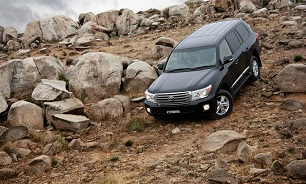What uses less gas: coasting or engine braking?
Getting the most of your vehicle, with regards to fuel economy, is to play a game of efficiency.

Khodrocar - You have to find the most efficient manner of driving in a given situation. That leads some to put a vehicle in neutral and team up with gravity for a bit of downhill acceleration. Modern cars, however, are quite intelligent. There's a fair chance that you're likely to use less fuel if you simply leave your vehicle in gear and rely on engine braking during a time when you're driving downhill.
How is that possible? Our friend Jason Fenske has the answer for you and he's going to...explain it. A modern car is smart. It knows when and how to adjust the mixture of air and fuel that enter the engine and result in proper combustion. It can even cut that mixture to zero in the right situation.
If you're driving downhill and you lift off the throttle, the engine will stop injecting fuel into the combustion chamber. You're now effectively using zero fuel and your fuel economy is at its max. If you were to instead place the car into neutral and cost, you'll find that the car requires a small amount of fuel in this situation. That's because it's in a standard idle condition rather than an engine braking condition, and it needs a minimal amount of fuel to keep idling away.
Are there times when it's better to coast than to engine brake? Certainly. Like most situations in a vehicle, it depends on where you're driving and what the road ahead offers up. If you're coming up to a light that's about to change from red to green, you could be better off coasting and lose less speed. So you have to know how your car behaves in a given situation in order to drive it at an efficient peak.
Source: Motor Authority
Latest News


